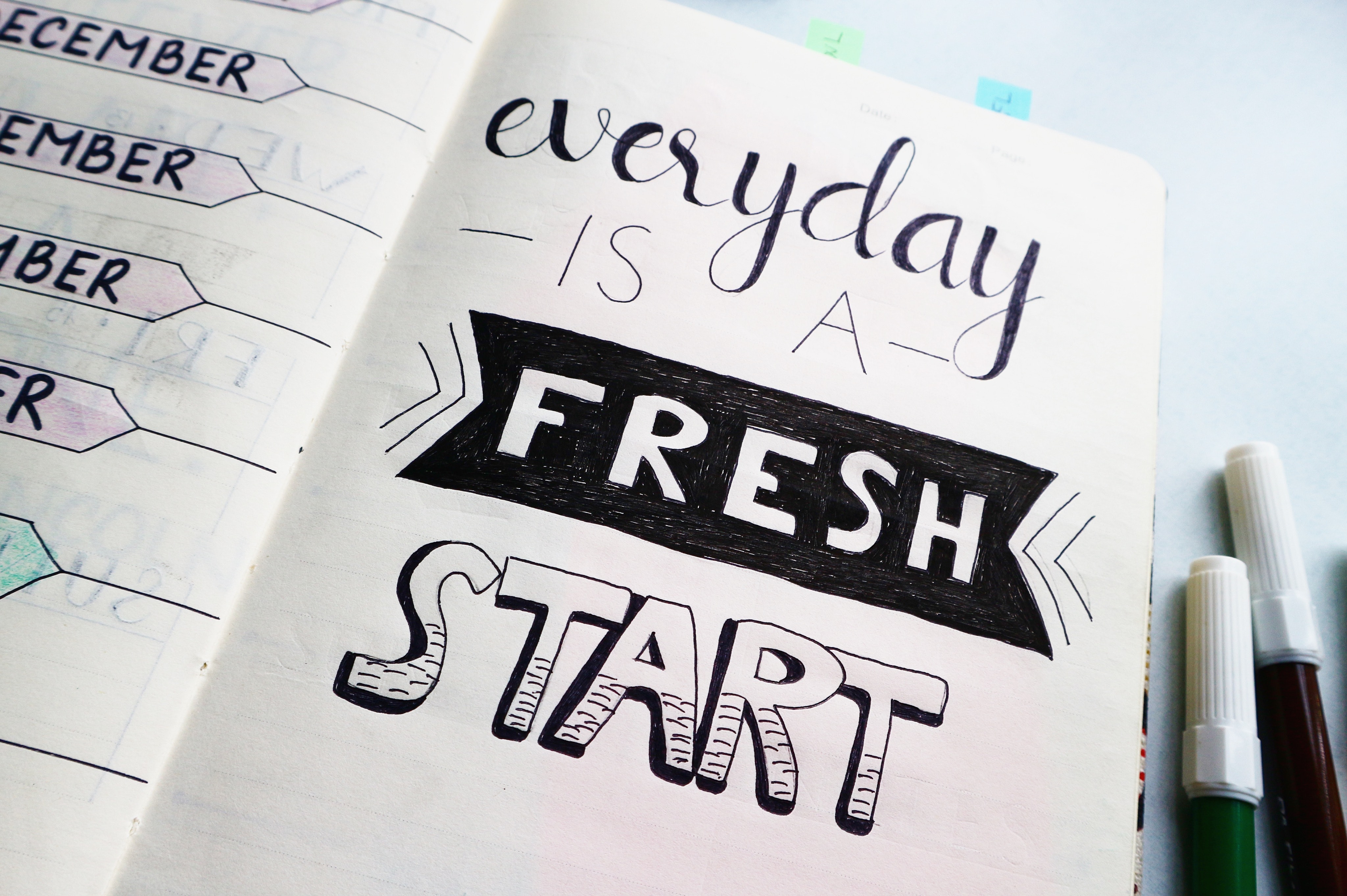
I’ve recently read an article on the “death” of the average student. Not only is there no room for mediocrity in our current “high-achiever” climate, kids are literally dying in their quest to be exceptional. High schools around the country have been experiencing spikes in suicides. In this current climate of extreme uncertainty, it’s more important than ever that our kids have the solid foundation of skills and resilience necessary to tackle what’s ahead.
We know that the high expectations our kids face – good grades, rich extracurriculars, high SAT/ACT scores etc. – can at some point (if not consistently) cripple even the most resilient and high-performing of students. The author shared the words her son uttered, a variation of the same message that too many of us have heard at one point another (if not every week):
“School is hard; everything is hard for me.”
Cue heartbreak, anxiety, fear, worry…particularly now when everything is so uncertain and panic inducing as it is!
How do we help?
Do we try to tell them it’ll get better?
The nature of being a student almost certainly won’t; ⅓ of middle school kids report school as their biggest stress, and pressure only intensifies as they get older.
No, we don’t want to lie or coddle. We want to prepare them. A lot of people think this happens by focusing on one or all of the following:
– Grades (‘If Amy gets mostly A’s, she’ll be OK for college/internships/etc.)
– Specific subjects (‘Jackson only needs in help in Math’)
– Teachers/the school (‘Olivia’s teacher has had it out for her since the beginning’/ ‘Schools in our district just don’t know how to properly support gifted children’)
– Learning differences (‘Jasmine has ADD, it’s not her fault she’s not doing well’)
– “In-demand” skills/knowledge (‘Both my boys have been coding since Gr 7’)
You guys – none of this is empowering or productive. Often it’s just the opposite and can create a warped relationship between our kids and school, learning, themselves.
Focusing on these things doesn’t equip them with what they need to feel and do their very best.
This article talked a lot about being ‘exceptional’.
What really struck me was how the mounting pressures and expectations shaping our educational landscape has prioritized bells and whistles with which to decorate *candidates* – for colleges, scholarships, internships, etc. – over strong foundations on which lifelong learners can flourish.
A lot of kids have a compelling mix of transcripts, awards, volunteering, personal statements etc. that appeal to colleges or employers. A lot of parents think the sum of their children’s grades, extracurriculars and even diagnoses is front and centre for a bright future. I’m not going to debate that these externalities are a part of the system, but the irony is that to get ahead in this very system, we need to be exceptional in ways that tend to fall outside our traditional understanding of the word.
You know what’s exceptional?
Kids who can manage their time. Teens who understand diction, and choose their words with care, whether in an essay or an email. High schoolers who can think critically about their strengths, values, and the choices they’re making. Students who set goals and plan how to achieve them, who can work with autonomy and resourcefulness but who also have the intellectual humility to ask for help when needed.
Students who have or who are actively building the fundamental skills, mindsets and attributes conducive to a fulfilling, productive life are exceptional. I say this quite literally – within any given student body, these students are a rarity.
Going back to basics elevates the average student to exceptional and leads to above average results. This equips them with what they need to actually do well in life. That is *in addition* to what they need to do their best in whatever subject.
This empowers them and puts them in the driver’s seat instead of being a hapless passenger. I’ve had many teens declare that they feel like “a warrior” when they’ve taken total control over how they spend their time inside and outside of the classroom.
Bottom line:
Want your kids to be and feel exceptional? Stop focusing on bells and whistles.
Start focusing on explicitly building the core skill sets that will serve them not just for the next test or essay but for life.




